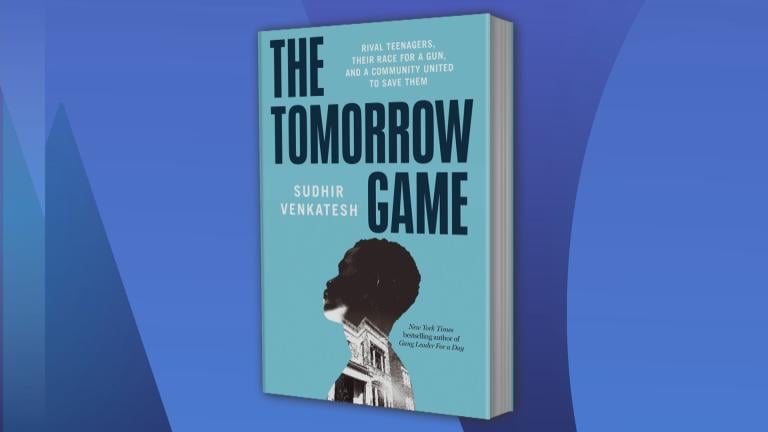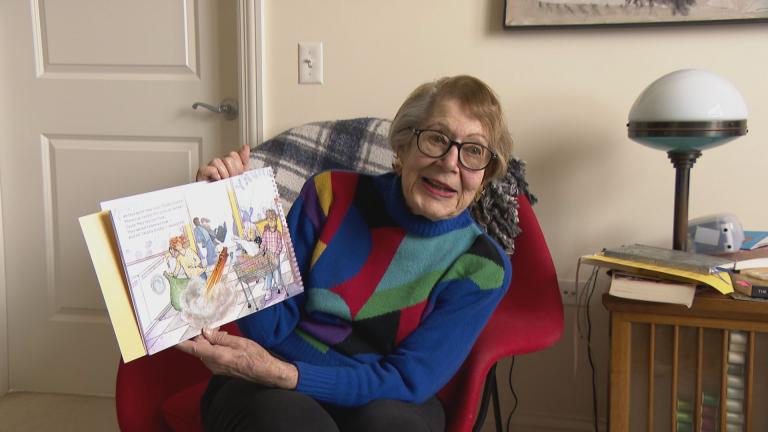In Illinois there are more than 1,400 laws regulating the lives of people who are formerly incarcerated.
That includes more than 1,000 employment regulations, 186 limiting political participation and 21 housing statutes.
The new book “Halfway Home: Race, Punishment, and the Afterlife of Mass Incarceration” examines these laws and how they affect the lives of people with felonies outside of prison.
“I wanted to tell a story about how mass incarceration has fundamentally transformed the nature of social life in the American city,” said author Reuben Jonathan Miller, an assistant professor in the University of Chicago Crown Family School of Social Work, Policy, and Practice.
For example, if a person is evicted or denied housing due to their criminal record, it could put pressure on family members to house them, which in some instances could lead to that perso also getting evicted, Miller said. That can ultimately create a wedge between family members.
“This is what I call in the book an economy of favors,” Miller said. “Where people have to convince others to take a risk to help them because they’re locked out of the labor and housing market.”
One person he spoke with for the book was Sabrina, a formerly incarcerated activist who’s been lauded for her work on restoring voting rights for people with felonies. While she has job, good credit and even got a letter of recommendation from a state representative, her past felony conviction still follows her around and permits her from renting an apartment in her hometown, Miller said.
In the book, Miller said these issues can’t be solved with a five-point policy plan; it’s more about moving from a mindset of public safety to a framework of belonging and inclusion. When looking at the number of regulations in Illinois that target employment for people with felonies, he asks, is this necessary to accomplish the goal?
“Which brings us back to the first point, what is our goal? Is our goal public safety or is our goal the thriving of communities that we’ve left behind?” Miller said. “And so if we switch our framework from one of public safety to one of thriving, we’ll get public safety and communities will thrive.”








